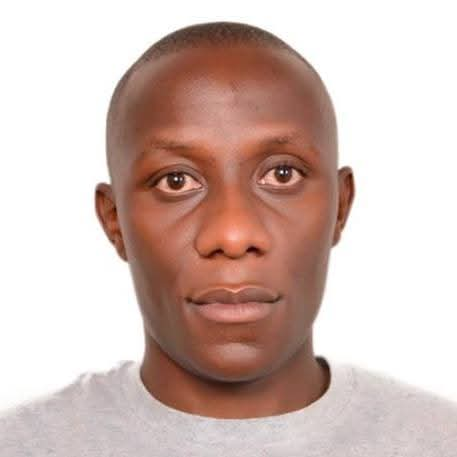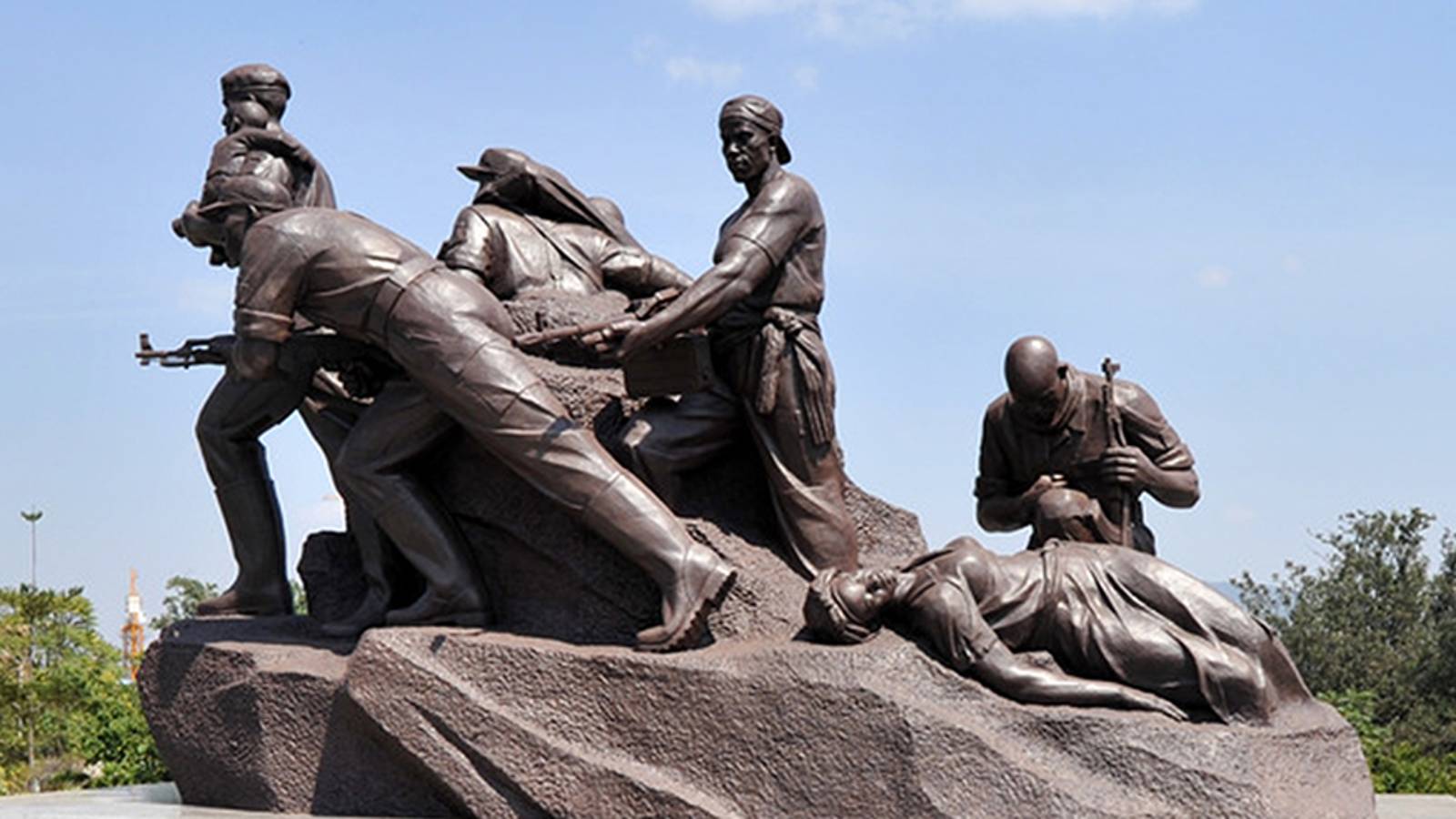Today, as the sun rises over Rwanda, painting the hills in golden hues, the nation marks a profound milestone: Liberation Day. It is not merely a historical remembrance but a vibrant, living celebration of unity, peace, and rebirth. The main festivities are set to unfold at the national Amahoro Stadium, a powerful symbol of national pride and resilience.
The streets of Kigali, usually bustling with morning traffic, will transform into scenes of quiet reflection before erupting into joyful celebration.
This is not an ordinary day; it is a moment when Rwanda collectively remembers its arduous journey, reflects on its remarkable progress, and renews its unwavering commitment to a brighter future.
The atmosphere today is starkly different from the tense, divided past. A joyful spirit adorns the ‘land of a thousand hills,’ driven not solely by political figures but by its citizens: teachers, farmers, artists, and students. They embrace Liberation Day, known locally as Kwibohora, as a fusion of rebirth and reconciliation, embodying the demand for a Rwanda where no one is left behind.
The world has watched as Rwanda, once tragically torn apart by the 1994 Genocide against the Tutsi, has steadily stood together, rebuilding with extraordinary resilience.
As the sun sets, thousands will gather, perhaps each carrying a handwritten wish for the future, their collective spirit reflecting a shimmering symbol of light after darkness.
For years, the word ‘liberation’ was whispered in secret – a promise of change, justice, and a Rwanda reborn. Today, it is openly celebrated as a national holiday, marking the day when the Rwandan Patriotic Front (RPF) secured Kigali on July 4, 1994, bringing an end to the Genocide and initiating a new chapter.
President Paul Kagame, a central figure in the liberation, has consistently emphasized the profound meaning of this day. At a previous commemoration, he stated, “Rwanda is not just a place on the map.
For us, it means something that we can all identify with and be proud of, and in which we feel valued. Rwanda means hope. It means that we care for one another.” He has also underscored the nation’s self-reliance, noting, “Our mindset should be to rely, first of all, on ourselves and on each other.”
International observers have also recognized Rwanda’s remarkable journey. Former UN Secretary-General Ban Ki-Moon, reflecting on the country’s resilience, once remarked, “Over the past generation, you, the people of Rwanda, have shown the world another essential truth: the power of the human spirit. The resilience of the survivors almost defies belief.”
Ambassador James Ngango, Rwanda’s Envoy to Switzerland and the UN, recently highlighted the nation’s transformation, stating, “On July 4, 1994, the Rwandan Patriotic Front, led by H.E. Paul Kagame, President of the Republic of Rwanda, brought an end to the 1994 Genocide against the Tutsi and ushered in a new era of hope and rebuilding. This victory not only saved countless lives but also paved the way for the nation’s recovery and renewal.”
Liberation Day is more than a memory; it’s a living promise. As long as the people remember and uphold its values of unity, integrity, justice, and peace, Rwanda will continue its journey forward. To all Rwandans, a happy Liberation Day. May the light of this pathway remain wide open for all citizens, guiding the nation towards an even brighter future.





